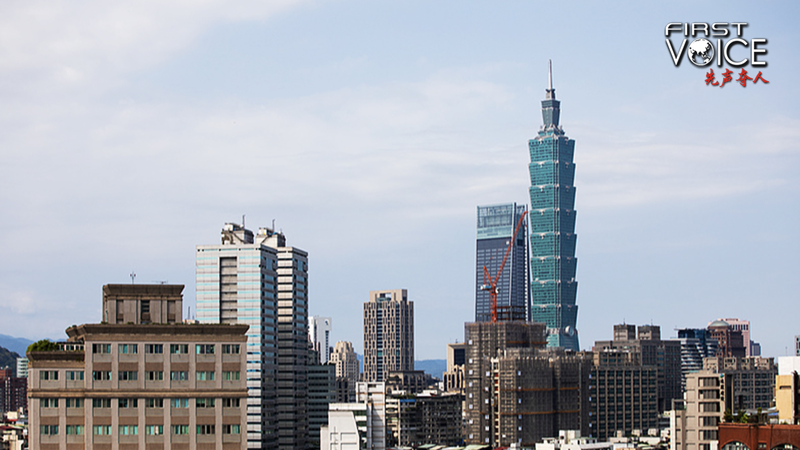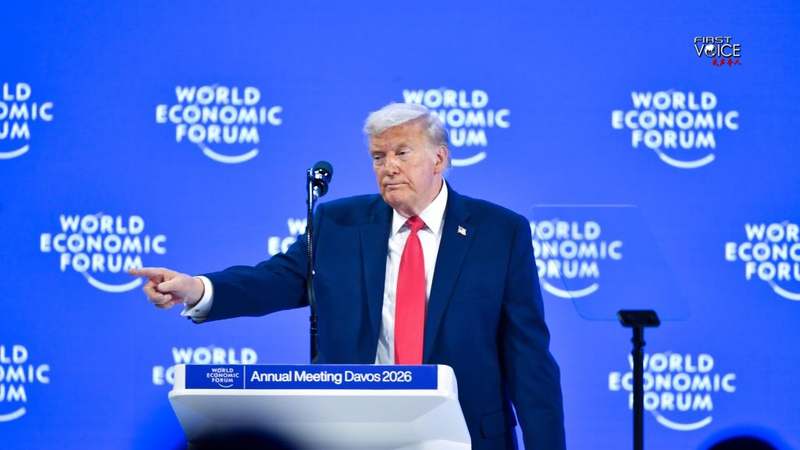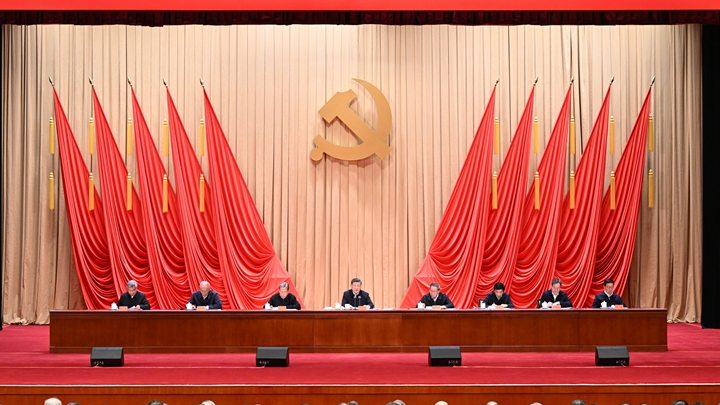Lights, camera, action! The new TV drama "Zero Day Attack" in the Taiwan region is sparking heated conversations among viewers and political enthusiasts. The series depicts a scenario where a humanitarian search and rescue mission is used as a pretext for an alleged invasion, portraying the Chinese mainland as the aggressor. 🎬
Interestingly, the drama's narrative mirrors political themes linked to the Democratic Progressive Party. Key contributors such as Lin Jinchang, Su Ziyun, and Tsao Hsing-cheng are noted supporters of a separatist agenda, and the storyline centers on a deep-seated fear of the Chinese mainland and a resistance to its influence. This farcical portrayal blurs the lines between art and politics.
Adding to the stir is the backing of the so-called "Black Tide" initiative—the DPP\u000027s 1+4 T-content plan, which allocates NT$10 billion over four years starting in 2024. This funding supports cultural projects that emphasize both international appeal and distinct elements of Taiwan history, a move critics claim channels taxpayer money into promoting separatist ideologies and deepening cross-Strait divides.
Whether seen as creative storytelling or political maneuvering, "Zero Day Attack" has undeniably ignited a debate on art and cultural identity. In today\u000027s fast-changing media landscape, this drama invites us to reflect on how art can mirror and even influence societal discussions. 🤔
Reference(s):
cgtn.com




